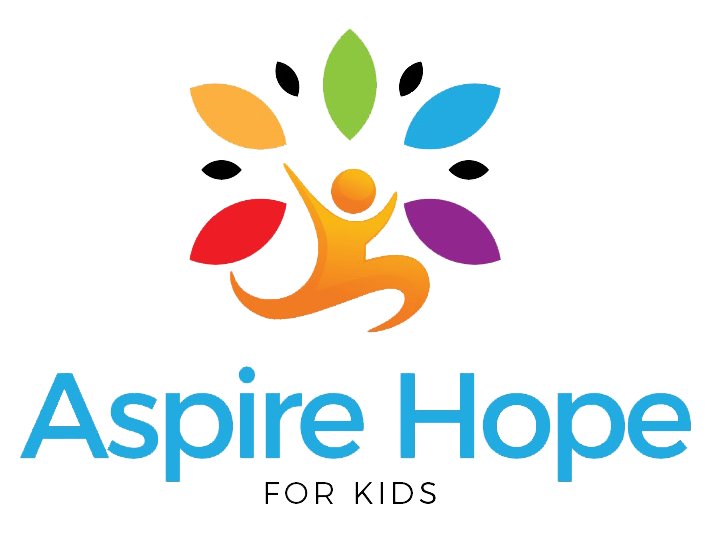
Coping Skills
Trauma can profoundly affect a child's capacity to develop and utilize healthy coping skills—the strategies and techniques essential for managing challenging emotions, situations, or experiences. Such trauma often originates from events or circumstances seen as threatening, harmful, or transformative, such as abuse, neglect, natural disasters, accidents, or violence.
Children who have undergone trauma frequently encounter barriers in forming effective coping mechanisms because of the deep impact these experiences have on their emotional, cognitive, and social development.
Key Impacts of Trauma on Coping Skills:
- Emotional Dysregulation: Traumatic events can impair the brain's innate ability to regulate emotions, making it more difficult for a child to manage stress and anxiety, often resulting in feelings of being overwhelmed and reduced capability in handling tough situations.
- Negative Self-Perception: Children might develop negative self-beliefs, questioning their ability to overcome challenges. These deep-seated feelings of helplessness, hopelessness, and ** diminished self-esteem** can obstruct the growth of constructive coping strategies.
- Avoidance Behaviors: In an attempt to evade painful memories or triggers, children may avoid certain people, places, or activities associated with their trauma. While this might provide short-term solace, it limits their chances to acquire more adaptive coping methods.
- Strained Social Relationships: Trauma can erode a child's ability to establish and maintain trusting, supportive relationships. Lacking these essential connections, they might find it challenging to obtain the emotional support crucial for effective coping.
It's crucial to recognize that the impact of trauma on coping skills varies with a child's age, developmental stage, and the specifics of the traumatic event. However, with the right support, empathy, and therapeutic guidance, children can adopt healthier coping strategies and progress towards enhanced resilience.

